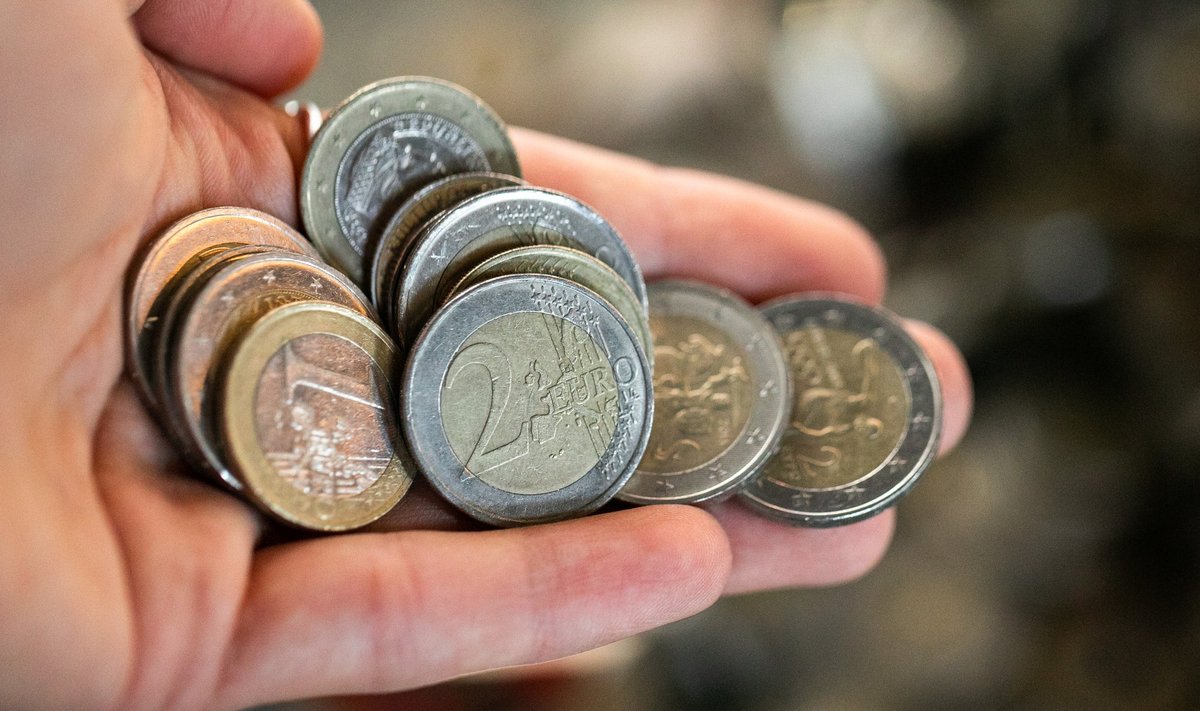Mindaugas Petrauskas, deputy director of the Financial Crime Investigation Service (FNNT) says the state received 4 million euros in extra revenue last year, even though the investigations were discontinued.
"We've changed our tactics starting last year: we launch pre-trial investigations when we see that money is suspicions. Our focus is whether an individual or businesses can prove that money came from a lawful source," Petrauskas said at a discussion hosted by Transparency International Lithuania in Vilnius.
"Last year, I think some 12 pre-trial investigations were started and 4 million euros were transferred to the state budget. They (the probes) were dropped because we failed to prove the original crime, but those involved in the process could not prove the source of their money either," he added.
According to Petrauskas, Lithuania's authorities learned their lessons from the bankruptcies of two local banks, Snoras and Ukio Bankas, but they are now faced with potential future threats.
"We focus on analytical financial intelligence and, for example, virtual currencies, the fintech sector, and electronic money institutions," the deputy director told BNS.
"A lot of new players are emerging and there are more unconventional money laundering techniques and schemes. (...) We have opened three pre-trial investigations linked to virtual currencies (...)," he said.
Egle Kontautaite, head of anti-money laundering at the Bank of Lithuania, says the controls and self-controls of financial institutions have strengthened significantly, but new risks are emerging.
According to Graham Barrow, a UK anti-money laundering expert, it is difficult to say if Lithuania is in a better situation in terms of countering money laundering than other countries, because the criminal practice is international in its nature.
The discussion was triggered by an investigation by the Organized Crime and Corruption Reporting Project (OCCRP) and the 15min.lt online news website that brought to light new details about how money was laundered via Lithuania in 2013 and about other possible money-laundering cases in the region.
